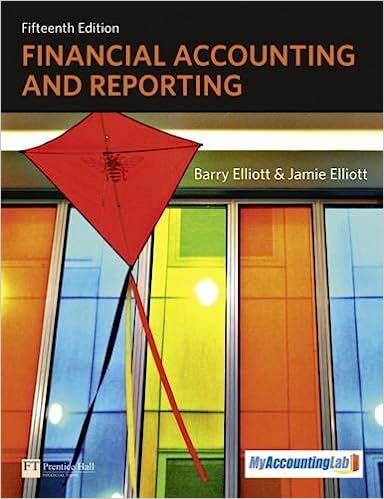Peter Mullen says in an article sent in to the UK Accounting Standards Board (ASB), the following:
Question:
Peter Mullen says in an article sent in to the UK Accounting Standards Board (ASB), the following: the ASB advocates that all leasing type deals should essentially be accounted for in relation to the extent of asset and liability transfer that they involve...
On the first point, the ASB seems to have a point — 90% [for recognition of a finance lease] is unquestionably an arbitrary figure. But ‘arbitrariness’ is not in itself wrong: indeed often it is necessary. The speeding limit on a motorway is set at 70 mph, a driver driving at 71 mph is therefore breaking the law, where one driving at a ‘substantially similar’ speed is not. One could easily think of many similar examples where the demands of pragmatism means that a ‘bright line’ being drawn somewhere is preferable to no line at all. There is only a convincing case for dispensing with arbitrariness in these situations if the replacement does not give rise to something which is equally arbitrary, and this is where the ASB starts to run into problems.
... lf assets and liabilities mean what the ASB wants them to mean they have to do so in all circumstances. The range of contracts that give rise to similar liabilities and assets, however is vast.
At a very simple level, Leaseguard has retainer agreements with its clients which are typically between two and four years’ duration. Under any sensible extension of ASB's logic these should be capitalised rather than treated as revenue items. Imagine a world, however, where just about every contract for the provision of future services or assets that an organisation enters into is scrutinised for its asset and liability content.
Discuss whether this is a valid argument for not treating all leases in the same manner.
Step by Step Answer:

Financial Accounting And Reporting
ISBN: 9780273760887
15th Edition
Authors: Barry Elliott, Jamie Elliott





